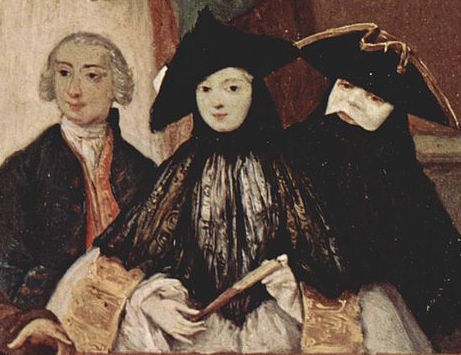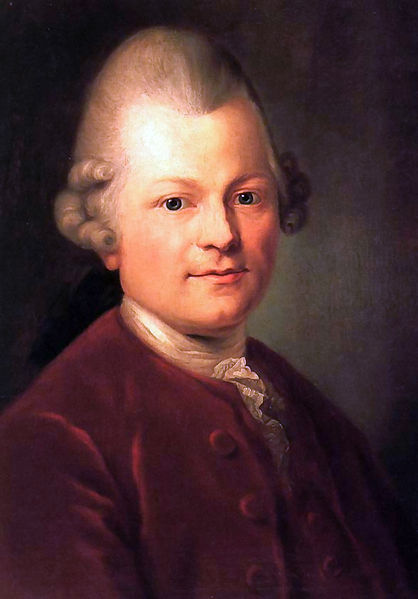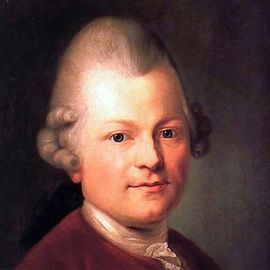3. Enlightenment between the Conflicting Priorities of Critique and Power
The Enlightenment was by nature a critical project. Its goal was to challenge traditional powers and hegemonic structures, goal which found varying expressions depending on the area and culture. Authority was no longer self-evident, but had to be accounted for and legitimated in response to new demands for rationality. Thus, the proponents of the Enlightenment attempted to secure their authority over definitions, initially in the theological, philosophical, and artistic fields, but also progressively in the political and social sectors. Conversely, the old powers (church, state, aristocracy, justice, etc.) fought for their supremacy and resisted the ideas of the philosophers of the Enlightenment with more or less subtle methods to prevent criticism. This situation, unique to the 18th century, will be analyzed, as aside from the concrete conflicts (judiciary scandals, affairs, querelles, and scholarly debates) that arose, the general theoretical conditions and the requirements of critique will be considered. It is thus not only the concept of critique which must be the focus of our attention – which it unquestionably deserves given its importance in the writings of the philosophers of the Enlightenment – but also the concrete practice and experience of critique, the strategic alliances and communication networks developed by the proponents of the Enlightenment, as well as the linguistic aspects and types of media used for the propagation of their critical assertions. The pressure of power must also invariably be taken into account – pressure under which, and against which, the enlightened critique had to assert itself – as well as the resulting compromises, contortions, and masquerades it involved. It is important to emphasize that the pressure of power was not only negative and repressive, but also had a productive dimension, as it compelled its antagonists to seek alternative alliances and elaborate creative forms of expression. It was in the interplay between critique and power that the scope for what was possible was constantly being renegotiated.




